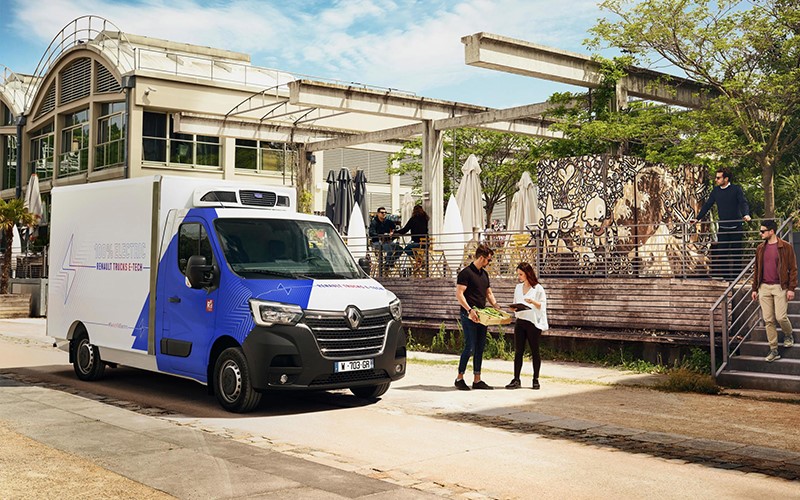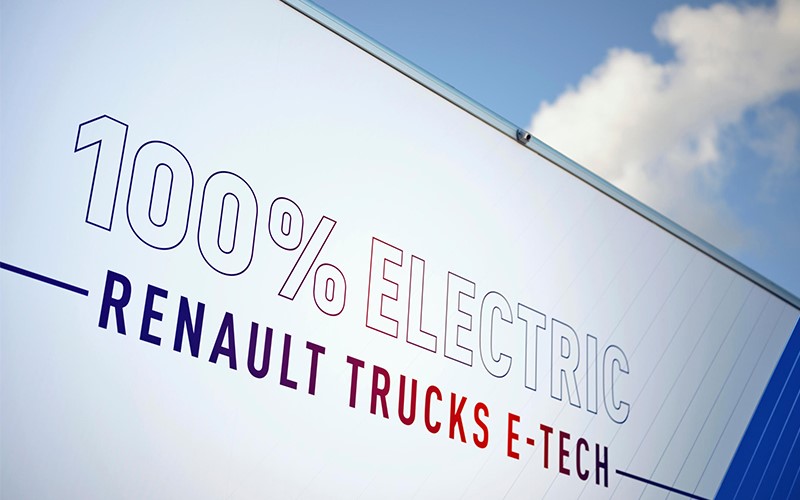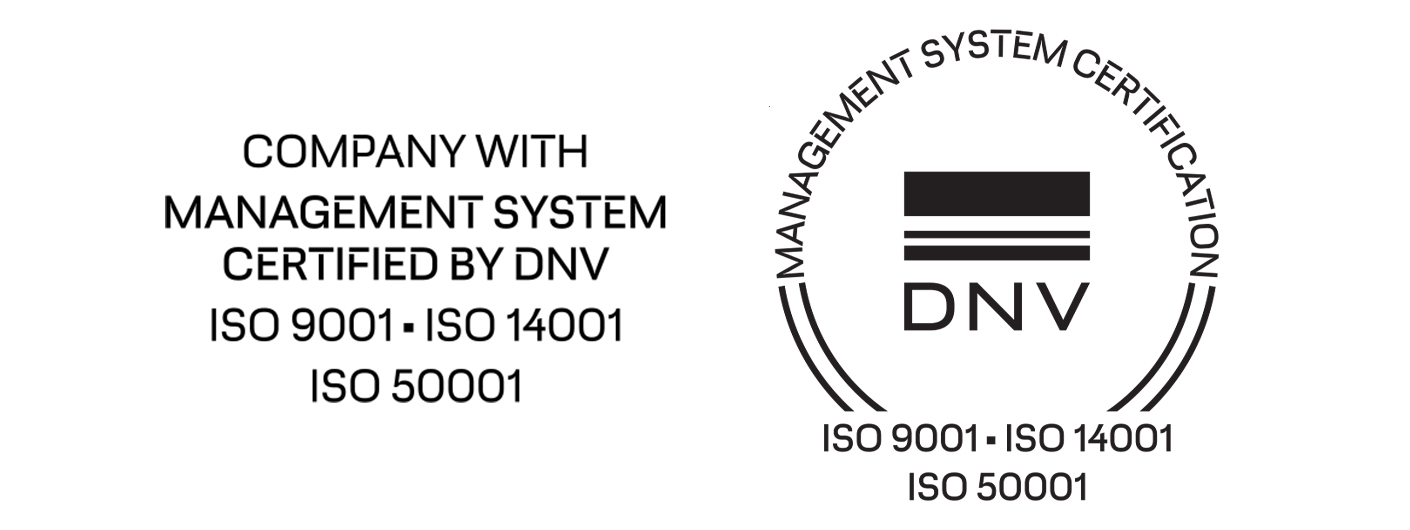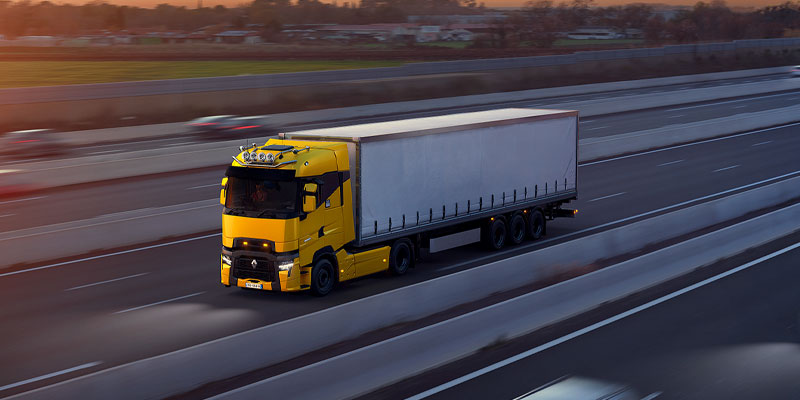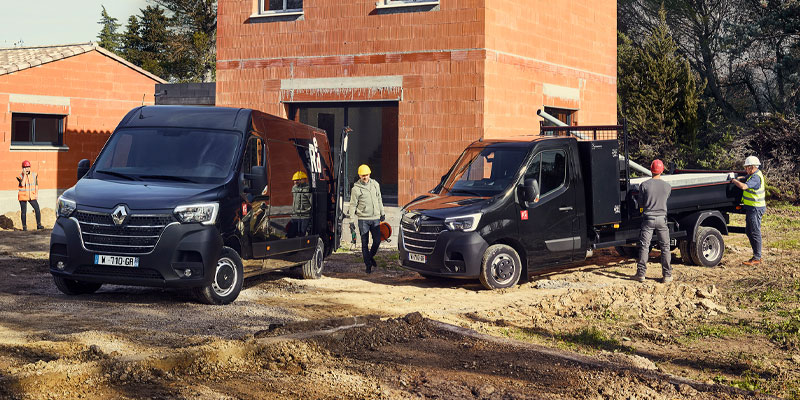Sustainability
Renault Trucks is committed to being a genuine leader in sustainability across the vehicle transport solutions industry.
The UK and Ireland have joined the growing global movement of leading countries to have pledged targets on achieving Net Zero greenhouse gas emissions, both having set a target date of 2050.
Renault Truck Commercials is facing the future and wants to be part of the solution in meeting the challenge of climate change and other environmental problems.
Cultivate a robust environmental sustainability strategy
Closely Measuring our impact against industry environmental targets
Implement and encourage sustainability strategies throughout the network
Ensure priorities are informed by customer and stakeholder feedback
WALKING THE TALK
When it comes to adopting sustainable strategies to help build a better tomorrow, actions always speak louder than words. Here’s just a handful of the changes we are making to do our part:
EVs and charge points
Specialised EV training
Maximise recycling
Sustainability workshops and training
LEDs and infrared sensors
Knowledge sharing hub
Fleet fuel monitoring
e.g. fuel cards
Governance and incentive structures
ISO 14001, ISO 9001 & ISO 50001 certified
Energy-saving behaviors
USEFUL DEFINTIONS
tCO2e
Carbon dioxide equivalent or CO2 equivalent is a metric measure used to compare the emissions from various greenhouse gases on the basis of their global-warming potential (GWP)
Greenhouse gas (GHG)
Greenhouse gases absorb and emit radiant energy within the thermal infrared range. The primary GHGs include water vapor (H2O), carbon dioxide (CO2), methane (CH4), nitrous oxide (N2O), and ozone (O3)
Scope 1 emissions
All Direct Emissions from the activities of an organisation or under their control. Including fuel combustion on site such as gas boilers, fleet vehicles and air-conditioning leaks
Scope 2 emissions
Indirect Emissions from electricity purchased and used by the organisation. Emissions are created during the production of the energy and eventually used by the organization
Scope 3 emissions
All Other Indirect Emissions from activities of the organisation, occurring from sources that they do not own or control. These are usually the greatest share of the carbon footprint, covering emissions associated with business travel, procurement, waste and water. Other relevant Scope 3 emissions can include emissions generated by purchased goods and services, employee commuting, and use of sold products. There are 15 categories of Scope 3 emissions in total, but not all categories are relevant or material to all companies.













